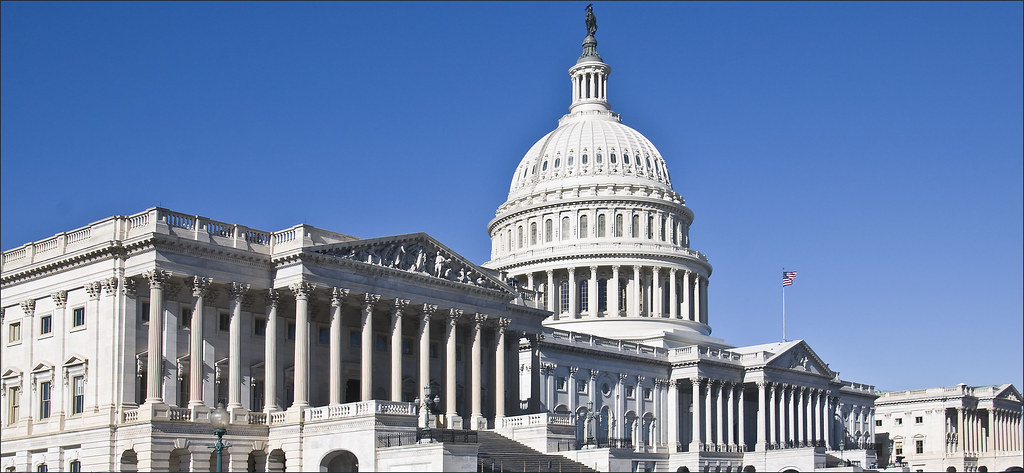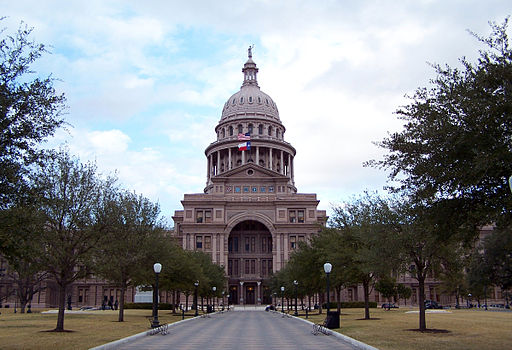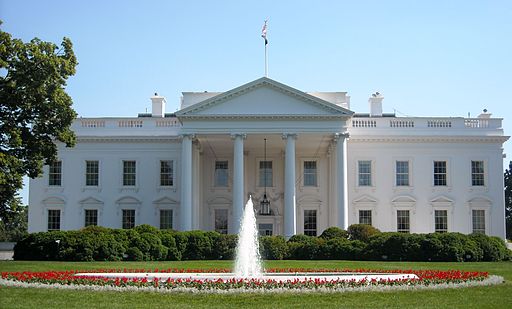Tag: news event
-
Rep. Ron Kind (D-Wis.) announces retirement

U.S. Rep. Ron Kind (D) announced Tuesday that he will not run for re-election in 2022. Kind has represented Wisconsin’s 3rd Congressional District since 1997. He said in his announcement, “For 26 years, I’ve flown to and from Washington, DC and traveled the 18 counties of the most beautiful Congressional District in the Nation almost…
-
Texas House lacks quorum as second special session begins

On August 7, 2021, the Texas House of Representatives began a new 30-day special session without a quorum. The chamber has been without a quorum since July 12 when enough Democrats left the state during consideration of House Bill 3 and Senate Bill 1 to break quorum. At least 50 members of the Democratic caucus…
-
Oregon Supreme Court justice to retire at year’s end

Oregon Supreme Court Justice Lynn Nakamoto is retiring on Dec. 31, 2021. Nakamoto’s replacement will be Governor Kate Brown’s (D) sixth nominee to the seven-member supreme court. Under Oregon law, midterm vacancies on the state supreme court are filled via gubernatorial appointment. Appointed judges serve until the next general election more than 60 days after…
-
CA GOP votes “No endorsement” for recall election; SoS releases campaign finance summaries

On August 7, the Republican Party of California voted not to endorse a candidate in the September 14 recall election of Gov. Gavin Newsom (D). About 90% of the delegates attending the virtual party meeting voted to skip the endorsement vote and not endorse a candidate. The vote came amid concerns from delegates and party…
-
Incumbent Pete Holmes concedes Seattle city attorney election

Pete Holmes, the incumbent Seattle city attorney, conceded to challengers Ann Davison and Nicole Thomas-Kennedy on August 6, 2021, in the top-two primary election held August 3. As of August 10, the latest election results showed Thomas-Kennedy with 35.5% of the vote followed by Davison with 33% and Holmes with 31.2%. Davison and Thomas-Kennedy will…
-
Nov. 2 candidates for Topeka mayor and city council determined in Aug. 3 primary

The primary for the Topeka mayor and District 3 council seat in Kansas was held on Aug. 3. Candidates competed to advance to the general election scheduled for Nov. 2. The filing deadline to run passed on June 1. Five candidates competed in the mayoral race. Mike Padilla and Leo Cangiani both advanced to the…
-
Federal Register weekly update: Thirteen significant documents added

The Federal Register is a daily journal of federal government activity that includes presidential documents, proposed and final rules, and public notices. It is a common measure of an administration’s overall regulatory activity, accounting for both regulatory and deregulatory actions. From August 2 through August 6, the Federal Register grew by 2,000 pages for a…
-
Louisiana reinstates indoor face covering requirement

On Aug. 2, Louisiana Gov. John Bel Edwards (D) signed an executive order reinstating the indoor mask requirement for vaccinated and unvaccinated individuals. Louisiana was the only state to reintroduce a statewide indoor mask policy between July 30 and August 5. Gov. Edwards said the order would be in place until Sept. 1, and could…
-
Reps. Billy Long, Conor Lamb announce they will run for Senate next year

U.S. Representatives Conor Lamb (D-Penn.) and Billy Long (R-Mo.) both announced last week that they would run for the U.S. Senate in 2022. Lamb will run for the seat currently held by Sen. Pat Toomey (R). Long will run for the seat currently held by Sen. Roy Blunt (R). Toomey and Blunt are both retiring.…
-
Rep. Sheryl Williams Stapleton resigns from New Mexico House of Representatives

Representative Sheryl Williams Stapleton (D) resigned on July 30 following allegations of racketeering and money laundering. In July 2021, a federal grand jury subpoena was served on the Albuquerque Public Schools district where Stapleton was working as the district’s director of career and technical education. According to the Albuquerque Journal, the investigation was triggered by…

